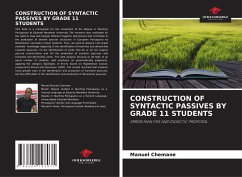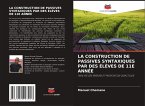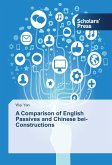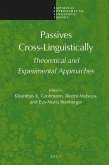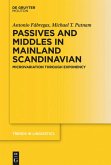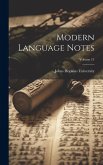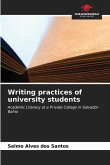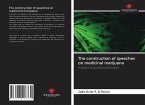This book is a monograph for the completion of the Degree in Teaching Portuguese at Eduardo Mondlane University. The research was motivated by the need to map and analyze different linguistic phenomena that contribute to the production of deviant passive structures in European Portuguese by Mozambican secondary school students. Thus, we seek to analyse 11th grade students' knowledge regarding (i) the identification of transitive and ditransitive syntactic passives; (ii) the identification of verbs that do or do not support passive constructions and (iii) the production of syntactic passives with transitive and ditransitive verbs. The data analysis focused on 26 texts of an equal number of students, with emphasis on grammaticality judgments, applying the category Typologies of Errors based on Hypothetical Causes proposed by Stroud and Gonçalves (1997). The results illustrate that students show greater ease in the identification and production of transitive passives, but face difficulties in the identification and production of ditransitive passives.
Bitte wählen Sie Ihr Anliegen aus.
Rechnungen
Retourenschein anfordern
Bestellstatus
Storno

